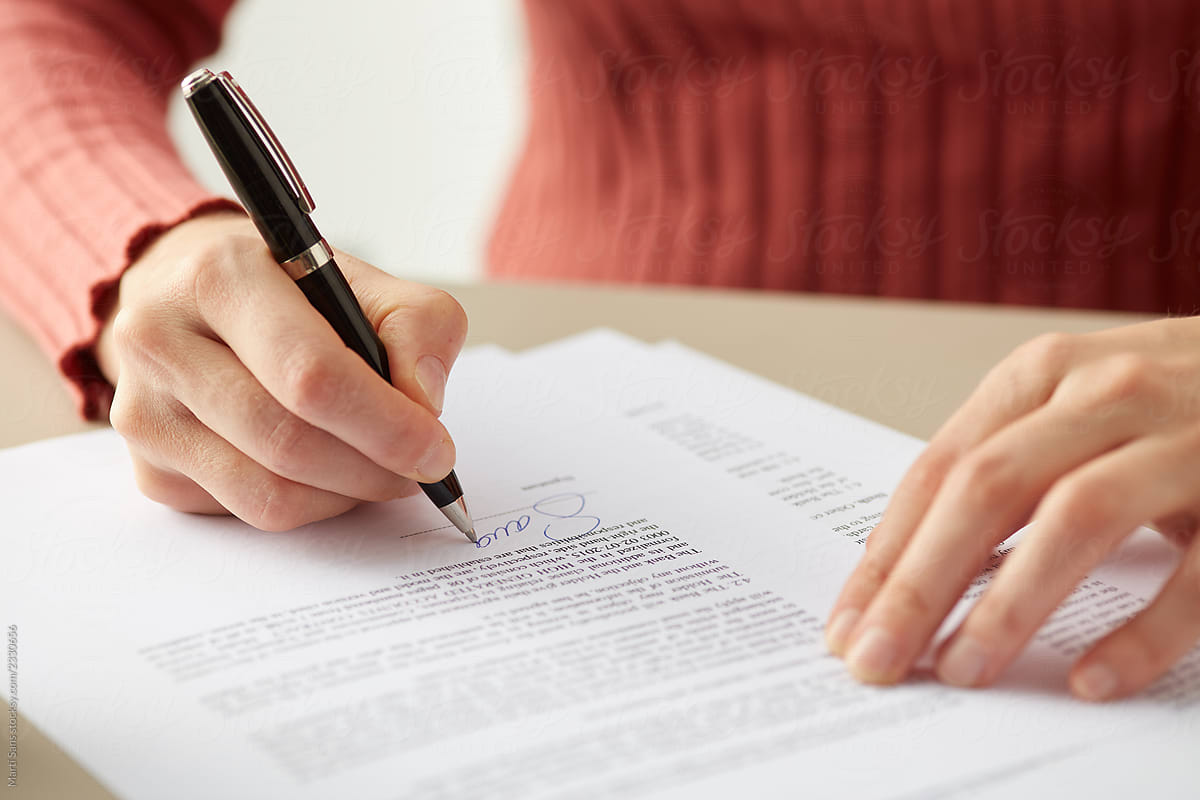You must — and we mean must — get independent legal advice before buying off the plans. As the old trope goes, buying a house is the biggest financial decision most of us make in our lifetimes.

You don’t want to rush things or blunder on in. No matter how alluring the apartment,
how convinced your best mate is that this is the deal — the steal! — of the century... no matter how charming the salesperson (and, to be fair, ours are exemplary examples of the genre), do not commit to anything until you’ve carefully gone through the sale and purchase agreement
with a lawyer.
The four things your lawyer does first
During your due diligence or (and, sorry, it’s a bit of a mouthful) Purchaser’s Solicitor’s Approval period, your lawyer will do the following:
1. They’ll ask how you plan to pay the developer’s deposit. You’ll need to pay a deposit up-front to the developer to secure the apartment (typically 10% of the purchase price). Do you have this in savings, or are you planning to use your KiwiSaver or obtain a First Home Grant (formerly known as HomeStart)? Note: the standard deposit for a home loan is 20%— so the bank will expect an additional 10% deposit from you when you settle ie. the total deposit you’ll need is 20% all-up.
2. They’ll check your finances are in good shape. They'll suss out your current financial
situation and want to know how you’d cope if your circumstances changed in between signing the agreement and settling (which might be a couple of years). Stress-testing – methodically assessing your finances and ensuring you have wriggle-room if the going gets tough – is strongly in your interests. It’s important you feel secure and confident before committing your hard-earned savings to a deposit.
3. They’ll objectively assess where the development is at. We can all get over-excited – be wowed by the glossy brochures, spurred into action by excited queues at launch parties and, particularly in the past year or two, a real sense of FOMO. Your lawyer will ignore all that fluff and ask some searching questions of the developer. Has a resource consent been granted yet? Is construction underway? Does the developer own the land? As your representative, they want to be sure you’re buying into something that’s definitely going ahead.
4. Related: They’ll have a hard-nosed look at the developer. A good lawyer is impervious to even the most stirring marketing copy. No matter how good something sounds on paper, the only thing they care about is: is it going to happen, and will it be just like it was promised on the packet? Here they’re guided by deeds not words. What has developer built in the past? What’s their reputation like? Do their developments look just like they did on the plans? Do they deliver on-time? Have their developments had any problems or gremlins (and, if so, has the developer fixed these quickly and at minimal inconvenience (and certainly no cost) to the buyer? In short: what’s their track record?
But your lawyer's work isn't quite done
You've done your due diligence; you’ve got the thumbs up from the whānau. You’ve read our understated sales material and decided that an Ockham apartment is for you. You're ready to take the next step.
We'll take you through a Sale and Purchase agreement which is not nearly as thrilling as it sounds. And this is where your lawyer really earns their cheque. We run through the 10 things they'll work through before you go unconditional in our comprehensive and surprisingly readable guide to Buying off the Plans. It's a brilliant resource that comes highly recommended by us.